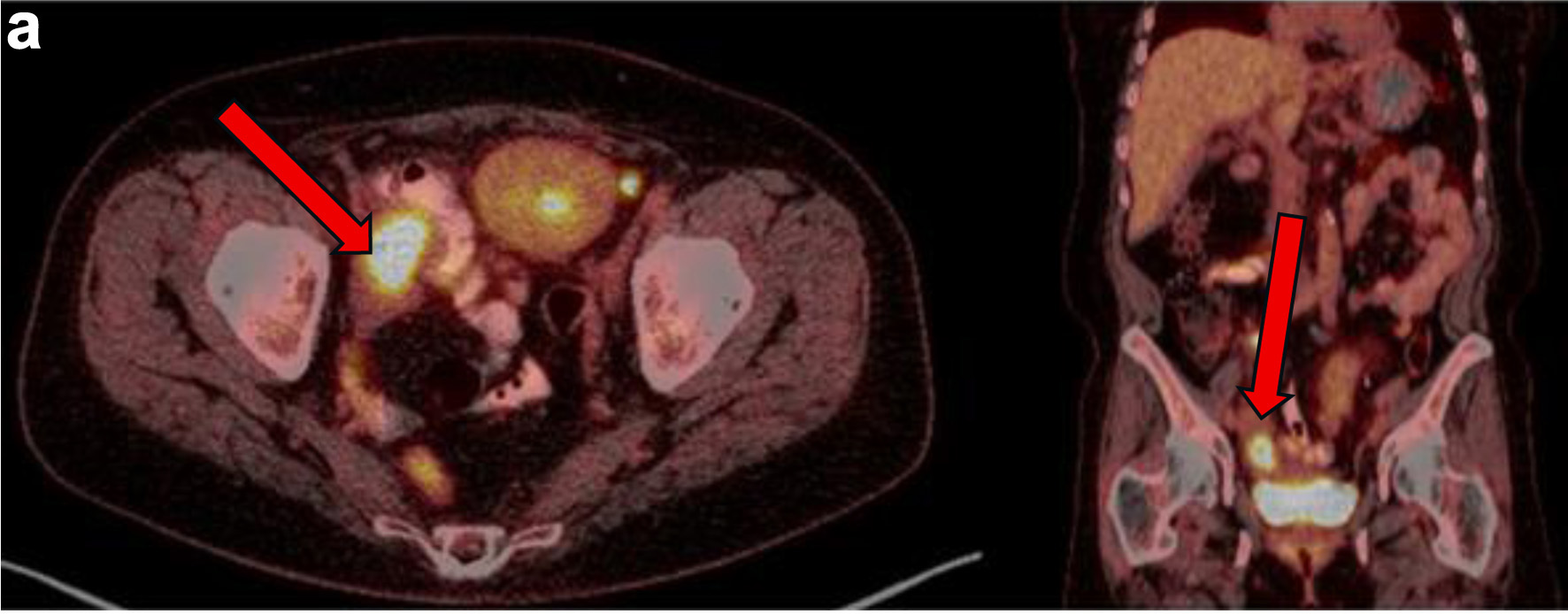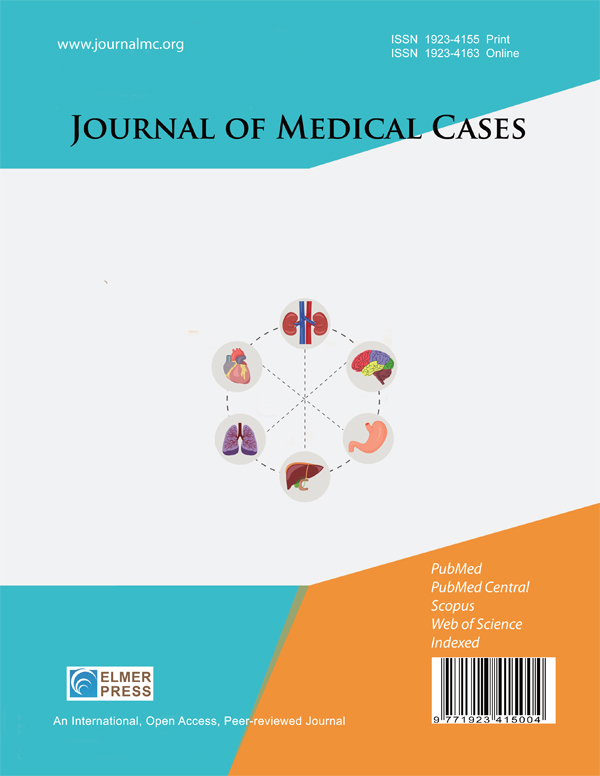Refractory Epstein-Barr Virus-Negative Diffuse Large B-Cell Lymphoma Post-Transplant Lymphoproliferative Disorder in a Renal Transplant Patient Treated With Bispecific Antibody Therapy
DOI:
https://doi.org/10.14740/jmc5186Keywords:
DLBCL, PTLD, Transplant, Bispecific antibody, LymphomaAbstract
Post-transplant lymphoproliferative disorder (PTLD) is a rare disorder that can occur in both stem cell and organ transplant recipients. Most cases of PTLD arise from Epstein-Barr virus (EBV)-induced oncogenesis but it can be EBV-negative. The treatment algorithm involves reduction in immunosuppression combined with anti-CD20 antibody treatment followed by chemotherapy. Despite this, mortality is still high, and many patients have refractory disease. Refractory PTLD is challenging to treat, and the data on treatment are limited. Both stem cell transplant and chimeric antigen receptor T-cell (CAR-T) therapies have been described in case reports and small reviews, but success has been limited. Hence, there is a need for novel therapies and clinical trials to formulate better treatment plans. Here, we present a complex case of refractory EBV-negative PTLD that progressed on third-line treatment. Given the patient’s limited options, glofitamab, a bispecific antibody therapy, was initiated in attempt to bridge to CAR-T therapy. Unfortunately, the patient encountered multiple hospitalizations and eventually elected for hospice care not long after initiation of this fourth-line regimen began. Herein, we detail the diagnosis and treatment options for EBV-negative refractory PTLD with an in-depth literature review that highlights bispecific antibodies as a potential novel therapy.

Published
Issue
Section
License
Copyright (c) 2025 The authors

This work is licensed under a Creative Commons Attribution 4.0 International License.









